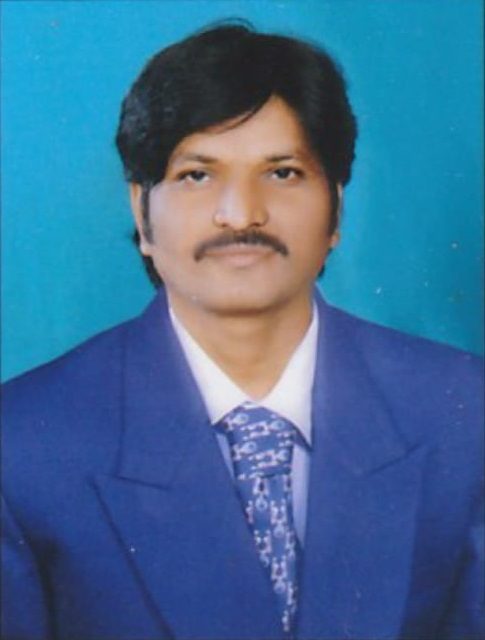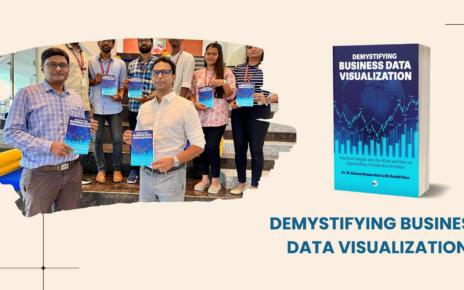Born on June 3, 1981, in Andhra Pradesh, India, Dr. M. Stephen Stanley Jayapaul—formerly known as Jayapal Maleraju—has emerged as a leading figure in the field of synthetic organic electrochemistry and material chemistry. With a career that spans continents and scientific disciplines, his journey from a modest upbringing to becoming a globally celebrated scientist is a true testament to the transformative power of education, resilience, and intellectual passion.
Academic Excellence and Educational Background
Dr. Jayapaul’s academic journey began with a Master of Science (M.Sc.) in Organic Chemistry from Sri Venkateswara University in 2005. Driven by a passion for scientific exploration, he further pursued a Ph.D. in Synthetic Organic Electrochemistry from the same university, completing it in 2010. His doctoral work laid the foundation for what would become a lifelong commitment to advancing science in both academic and applied realms.
Professional Career and Global Contributions
Dr. Stephen Stanley Jayapaul’s career has been marked by extensive teaching, research, and editorial work. He started as an Assistant Professor in Chemistry, contributing to academia by mentoring students and fostering research culture. His thirst for knowledge and global collaboration led him to post-doctoral fellowships in Argentina and China, where he expanded his expertise in electro-organic synthesis, natural product chemistry, and bioanalytical chemistry.
As a Research Scientist at the prestigious National University of Cordoba in Argentina, Dr. Jayapaul contributed significantly to the development of sustainable and innovative materials. He later moved to China, where he currently serves as a Talented Young Scientist at Yancheng Institute of Technology, continuing his cutting-edge research in synthetic and material chemistry.
Editor and Scientific Leadership Roles
Dr. Jayapaul holds esteemed editorial positions that have further solidified his standing in the global scientific community. He is currently the Editor-in-Chief of the International Journal of Innovative Research in Science, Engineering and Technology and the International Journal of Chemistry and Materials Research. He also serves as an editor for Current Green Chemistry and other Elsevier journals, ensuring high-quality dissemination of scientific research.
In addition to his editorial responsibilities, he has delivered over 85 keynote speeches and served as a scientific committee member for more than 100 international conferences. His influence spans beyond research papers—he is also credited with several scientific publications, patents, and authored books that have shaped current trends in organic and electrochemistry.
Global Recognition and Prestigious Awards
Dr. Stephen Stanley Jayapaul’s contributions have earned him prestigious global recognitions. He has been ranked among the Top 50 Scientists in Asia and Top 100 Researchers in India—a rare distinction that underscores his significant scientific impact.
Some of his major awards include:
- Eisenstein Outstanding Scientist Award
- Isaac Newton Outstanding Scientist Award
- Seven Continent Best Scientist Award
These honors celebrate his innovation, interdisciplinary knowledge, and relentless pursuit of excellence in chemical sciences.
Spiritual Evolution and Personal Journey
While his scientific achievements are remarkable, Dr. Jayapaul’s personal transformation adds depth to his legacy. Embracing Orthodox Christianity, he adopted the name Stephen Stanley Jayapaul, signifying a spiritual rebirth aligned with his values of integrity, humility, and purpose. This unique integration of faith and intellect defines his holistic approach to life.
Legacy and Inspiration
Today, Dr. M. Stephen Stanley Jayapaul stands as a beacon of inspiration for aspiring scientists, educators, and global thinkers. His work continues to bridge gaps between disciplines, institutions, and countries—fueling innovation in sustainable chemistry and scientific leadership. With a rich blend of academic prowess, international experience, editorial influence, and personal conviction, he exemplifies the ideal of a 21st-century scientist.




